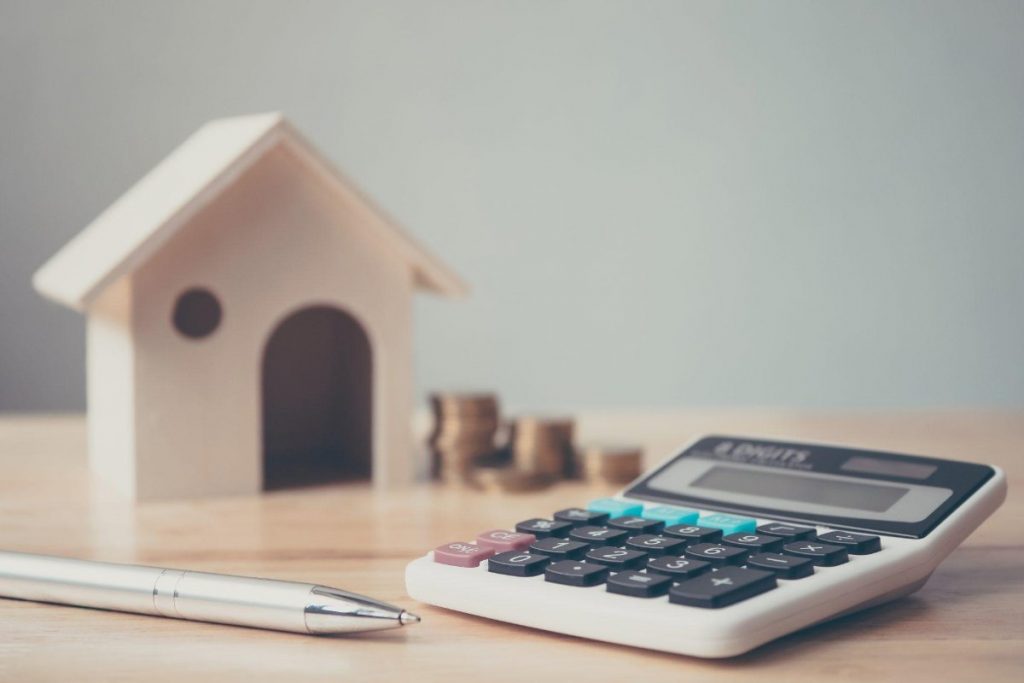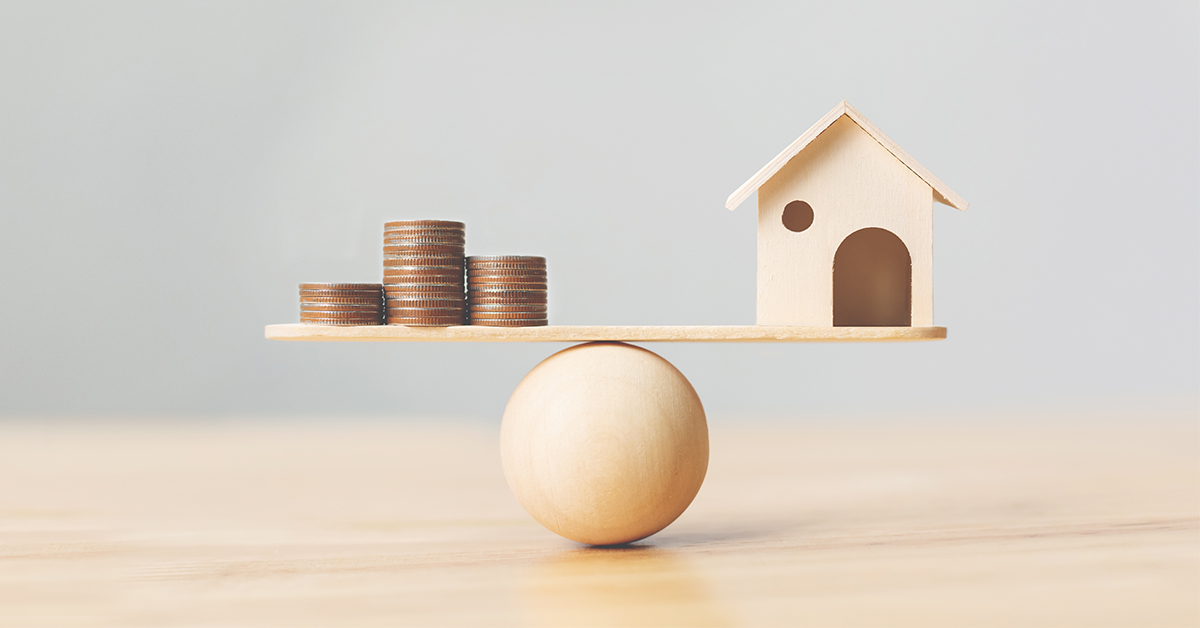Buying or renting a home can have huge and different impacts, not only on your financial situation but also on your life in general. Therefore, there is a need to consider the decision to rent or buy a home carefully. This article aims to highlight some of the essential factors to contemplate while choosing to rent or buy a home. All in all, it’s about finding out which choice suits your current situation the best.
Buying: The Pros and Cons
Pros
● Absolute ownership over property
The sense of security is essential, especially for those who have decided to live permanently in a specific location. Hence, buying property enables you to own a secured and permanent home. Besides, you’re authorised to decide what to do with the property, which brings us to the next two points.
● Serves as a long-term investment.
Since you have absolute ownership over the property, renting your house can be an excellent option to generate other sources of income. By using your property as collateral, you’re able to leverage your property and request more loans from the bank. With more loans, one can make more investments to establish income sources.
● More freedom over property
Complete ownership over your property also allows you to renovate your house in respect to your preference.
Cons
● High upfront payment
The minimum down payment rate is 10%, which easily takes up a huge amount of one’s savings. While some banks offer full fundings for first-time buyers, interest rates are charged. In other words, the higher your loan, the higher your interest rate.
● High entry costs
There are also multiple additional payments, also known as the entry costs, that are usually made upfront. These fees include Sales & Purchase Agreement (SPA) fees, legal fees, stamp duties, agent’s fee, and Goods and Services Tax (GST).
Some banks provide “Zero Entry Cost” (ZEC) loans to finance those who can’t afford entry costs. However, the interest rates of ZEC loans are usually higher. As mentioned, the more you loan, the higher your interest rate.
● Financial inflexibility
It is often the case that taking up a housing loan is to be restricted financially for decades. In Malaysia, the average reimbursement period ranges from 30 to 35 years. The situation worsens when most housing loans have inconsistent interest rates. There will be times when you’re charged with higher monthly repayments as a result of increased interest rates.
Despite the monthly repayments, property owners will also be charged with other recurring taxes. Those include the Assessment Tax that is charged twice yearly, as well as the Quit Rent (cukai tanah) charged for landed properties.
Renting: The Pros and Cons
Pros
● Lower monthly rent
In addition to being a more affordable option, renting a house allows you to have more financial flexibility. Without having to pay upfront charges, entry costs, and recurring taxes, you’ll have more unrestricted incomes to spare. With more unrestricted revenues, you can save or spend your money in many other areas, or even make investments to generate other income sources.
● Higher mobility
Instead of being bound by a property, short term rental contracts provide you with more flexibility to terminate your stay. This allows you to move to other living areas of your choice easily.
Furthermore, renting a house also lowers the risks of unforeseen alterations in your financial situation. Should most of your income be spent on other areas, such as unexpected medical expenses, you can always look for a cheaper house to rent.
● Lower maintenance fee
In most cases, the property owners are responsible for all the maintenance fees of their houses. However, maintenance fees may be applied to tenants of condominiums and apartments. Properties that are managed by rental management companies usually offer services such as maintenance services to ensure the excellent condition of the unit or property.
Cons
● Unfavourable landlord
Although most landlords are responsible for the maintenance fees of their properties, there are property owners who renege on their promises. As a result, tenants are forced to fund repairs that bring about significant inconveniences, such as malfunctioned electronics and broken underground water pipes.
Upon closing the rental contracts, landlords are authorised to alter the rental prices. If you rent a house, you might encounter a rise in your monthly rentals that can either reduce your financial flexibility or force you to move out.
● Less freedom over property
Tenants are often restricted by the rules and regulations set by landlords. Renovations and redecorations initiated or intended by tenants are usually not allowed. Renting a house also closes a path on establishing a new source of income, which brings us to the following point.
● Lack of wealth creation
While monthly reimbursements end after all the payments on loan and interest, there is no ending to rental fees. That being said, the long-term rental can cost higher than buying a property. Moreover, tenants are unlikely to obtain ownership of the property, which can serve as an asset and a source of income. If you have inadequate collaterals, it can be difficult to request for bank loans and to leverage your assets.

Factors to Consider
Contrary to popular beliefs, there are more factors to consider than just the advantages and disadvantages of buying or renting houses.
● Financial situation
When buying a property, the ability to afford high upfront payments and entry costs is inadequate. Besides having to ensure your eligibility for the government housing schemes, you will also need to have enough funds to afford your monthly reimbursements, financial obligations, and living expenses. Not to mention the unforeseen emergencies that may require a huge sum of your income. If buying a property causes you to live paycheque-to-paycheque, renting a house can be a better option.
● Price-to-rent ratio
This is a calculation method to evaluate whether buying or renting a house is more economically wise. The formula is as shown below:
Price-to-rent ratio= Average cost of listed property / Annual property rental sum
The answer to this calculation indicates the number of years required for the monthly rental fees to match the cost of the property. In other words, if you plan to stay longer than the number of years indicated by the price-to-rent ratio, buying the property would be a better option.
● Personal needs and preferences
It is essential to consider whether the properties fulfil your personal needs or preferences. For instance, buying a house might not be the best option for those whose occupations require high mobility and frequent changes in workplaces. On the other hand, the facilities available near the properties are also an essential factor to consider. If one plans to settle down and have children, buying a property near schools and hospitals seem to be a more probable decision.
● Responsibilities of property owners
Most house owners are required to take full responsibility for their properties’ maintenance fees and taxes. Despite being able to afford the charges, property owners also have to make time for the maintenance of their properties. Thus, time is yet another factor to consider when one decides to buy a property for rent. Property management companies such as Rumah-i ensures that tenants are happy and satisfied by offering maintenance and housekeeping services.
Conclusion
The choice to rent or buy a home is a highly subjective decision. Put differently, none is better than the other in general. Multiple evaluation methods can serve as guidelines for you to make your decision. Some examples include the buy or rent calculator, and some rules of thumb. A popular suggestion is to ensure that your mortgage accounts for less than 28% of your monthly income.




